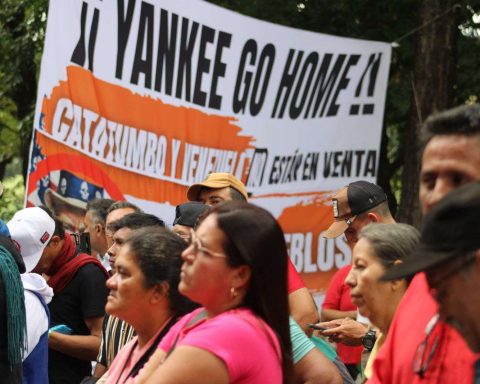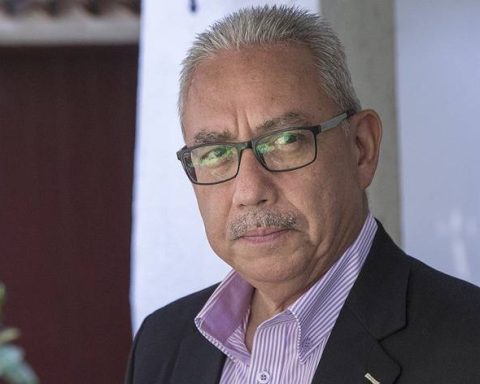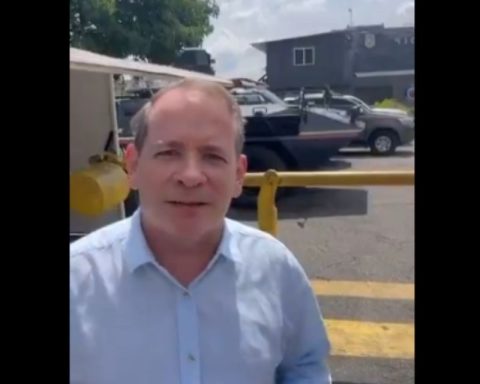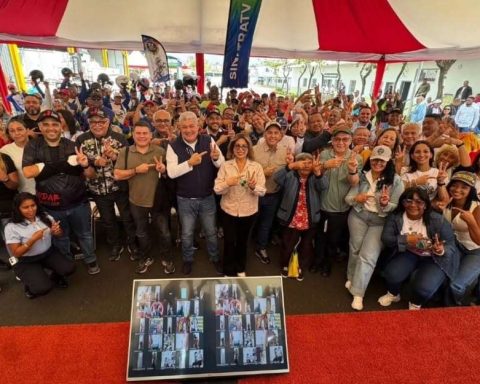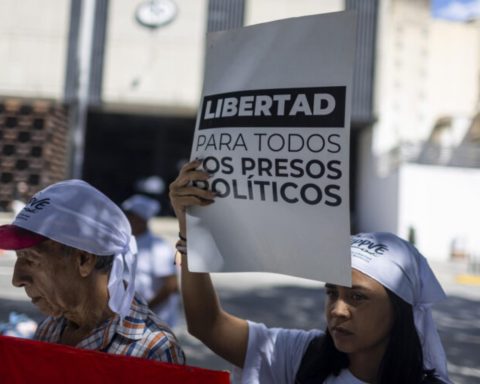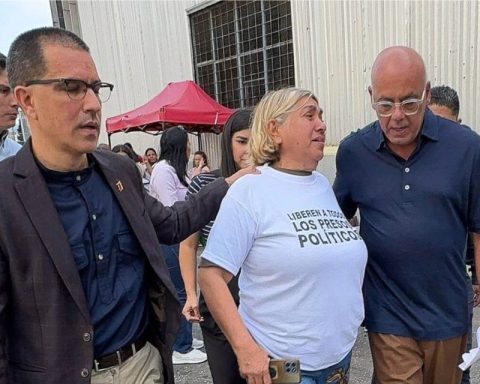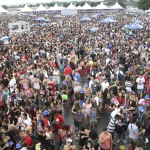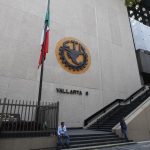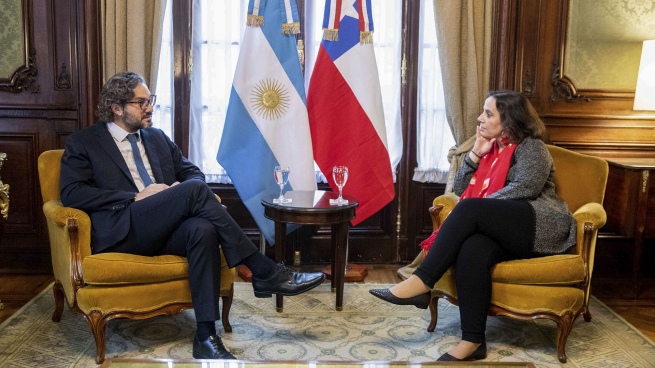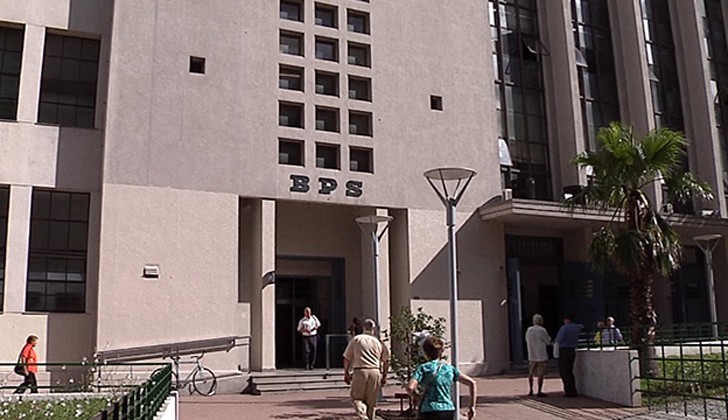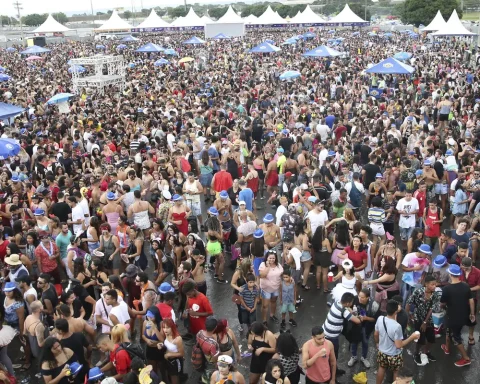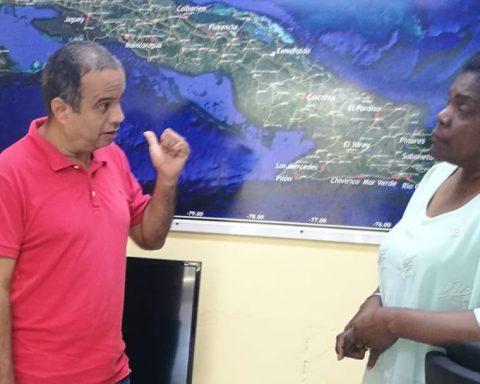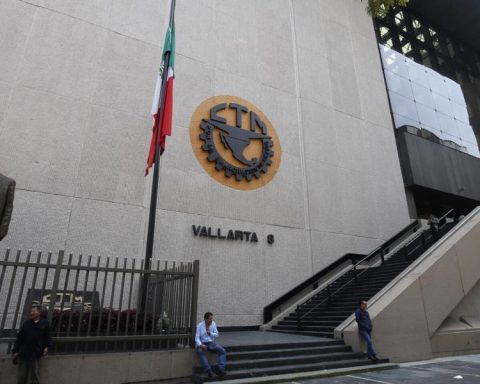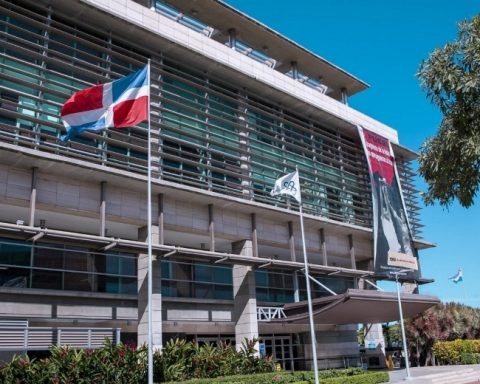The referendum on the New Family Code, which plans to legalize same-sex marriage and surrogacy, will be held on September 25, the Cuban Parliament announced this Friday.
“Do you agree with the Family Code?” This is the question that Cubans will submit to on September 25, the date on which the referendum on the New Family Code will be held in the Caribbean country. The norm will be approved if it obtains “more than 50% of the valid votes deposited in the polls.”
“The final decision will remain in the hands of the sovereign,” but “we are convinced that at the time, the majority of the Cuban people will make this revolutionary, inclusive and democratic code their own,” said Omero Acosta, secretary of the Council of State of Cuba, France24 reported. .
* Read: One year after the protests in Cuba: What is the situation of the detainees after #11J?
“binding nature”
The code was submitted between January and April to a broad popular consultation that led to the modification of almost 48% of its text, according to official media.
Acosta specified that the referendum, which has a “binding nature,” will be held “a week before” among nationals residing outside the country.
The referendum will renew the law in force for 47 years, plans to introduce equal marriage, as well as the recognition of several fathers and mothers in addition to the biological ones and “solidarity gestation” or surrogacy.
Cenesex of Cuba
“This is a very exciting moment for all our people, committed to the most advanced ideas,” said deputy Mariela Castro, daughter of leader Raúl Castro and director of the National Center for Sex Education (Cenesex), which has promoted for more than three decades the fight for the rights of the LGBTI community.
Mariela Castro He admitted that these are complex issues that generate “scares” and “contradictions.” But “I really have to recognize that as a society we have grown, we have enriched our heritage, our knowledge of law, of rights, and especially in this case of family law,” he noted.
Cenesex previously promoted equal marriage in the proposal for the Constitution approved in 2019, which enshrined the rights of that community.
“This is a Law that has come a long way in seeking social and academic consensus. Its construction has meant the coexistence of knowledge contributed from different areas (…) We have all won, the people, because it has been part of a legal norm that offers its protective mantle. to every person, whatever their age, their sex, their gender, their sexual orientation,” the Cuban president said this Friday night, Miguel Diaz Canel.
The deputies have just approved the #CodeOfTheFamilies. The Referendum will be on Sunday, September 25. They do well to call it “Code of affections”, because it has developed something really new: affection as a legal value. #Let’s VoteYes. pic.twitter.com/91VAc029vh
– Miguel Díaz-Canel Bermúdez (@DiazCanelB) July 22, 2022
Cuba, machismo and homophobia
In a Cuba still marked by machismo and homophobia, whose government persecuted and marginalized homosexuals in the 1960s and 1970s, same-sex marriage is a burning issue.
There was a time when recruited homosexuals and religious in labor camps called UMAP (Military Units for Production Support) with the more or less explicit intention of “re-educating” them, are long gone.
Cultural policy, which at one point discriminated against and punished homosexuals (the 1971 Congress on Education and Culture considered homosexuality to be left over from capitalist society), now recognizes and promotes the work of creators regardless of their sexual preferences.
Post Views:
167
